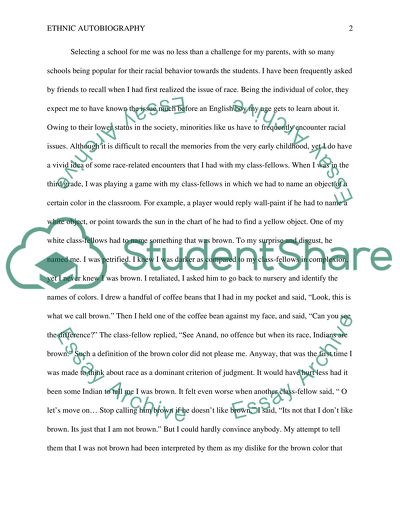Cite this document
(“Ethnic Autobiography Term Paper Example | Topics and Well Written Essays - 1250 words”, n.d.)
Retrieved from https://studentshare.org/health-sciences-medicine/1434044-ethnic-autobiography
Retrieved from https://studentshare.org/health-sciences-medicine/1434044-ethnic-autobiography
(Ethnic Autobiography Term Paper Example | Topics and Well Written Essays - 1250 Words)
https://studentshare.org/health-sciences-medicine/1434044-ethnic-autobiography.
https://studentshare.org/health-sciences-medicine/1434044-ethnic-autobiography.
“Ethnic Autobiography Term Paper Example | Topics and Well Written Essays - 1250 Words”, n.d. https://studentshare.org/health-sciences-medicine/1434044-ethnic-autobiography.


